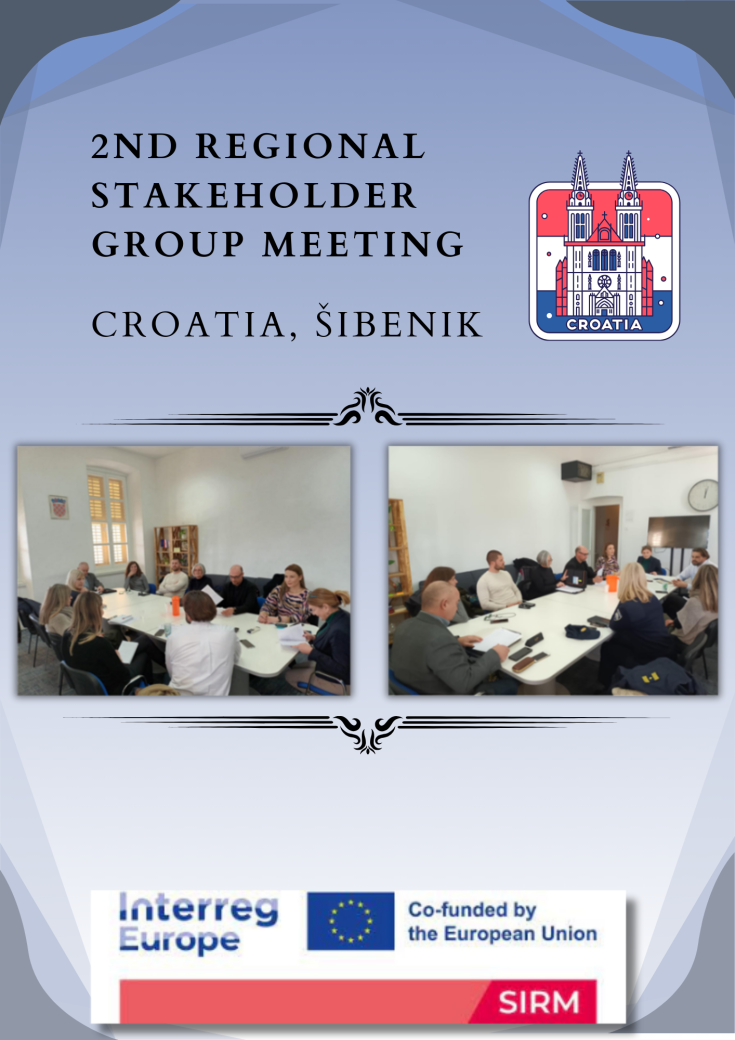2nd meeting of the Regional Stakeholder Group - Croatia

The 2nd meeting of the Regional Stakeholder Group was held on 31.01.2024. The meeting was attended by stakeholders who are directly involved in solving the problem of migrants and refugees, caring for them and providing appropriate assistance in all areas. This time the meeting focused on the development of activities for foreign workers, identifying the needs of foreign workers and solving them.
The meeting was started by Petar Mišura, the head of the Board of Directors for Economy, Entrepreneurship and Development, also the project manager, who reminded the attendees of the theme of the SIRM project, focusing on the needs that refugees and migrants have and the problems they face, mainly the problems of placing them in adequate accommodation.
Petar Strižak from the Croatian Employment Service provided some statistical data on the number of foreign workers in Croatia. He also emphasized that the Immigration Strategy is being prepared according to the law on foreigners, which should be adopted during the first half of this year.
The head of the border police service at the Ministry of Internal Affairs, Vedranka Mamić, stated that the information of the Ministry of Internal Affairs is similar to the data mentioned above and emphasized that they do not have any problems with foreign workers, only that they encounter an increased number of foreign smugglers.
The head of the civil protection service, Dražen Bilać, emphasized the importance of involving employers in the process of integration of foreign workers, through getting to know their culture and language, but also learning our culture, language and customs.
Maja Šintić from the Association Š.U.M., highlighted the problem of inadequacy of accommodation facilities for foreign workers, problems faced by foreign students, impossibility of proper integration and poor success in schools due to the language barrier and insufficient number of school hours due to which they cannot learn the Croatian language. She emphasized the importance of increasing the number of school hours, the need to change the regulations on preparatory classes, and the importance of cultural exchange as the best integration.
In his concluding remarks, P. Mišura emphasized the need to develop activities that would be aimed at the highest possible integration of foreign workers due to the lack of own labor force, and the first step would be to contact employers and cooperate with them in developing programs aimed at solving the language and cultural barrier and then the gradual change of policies at the state level and the development of strategic documents.
